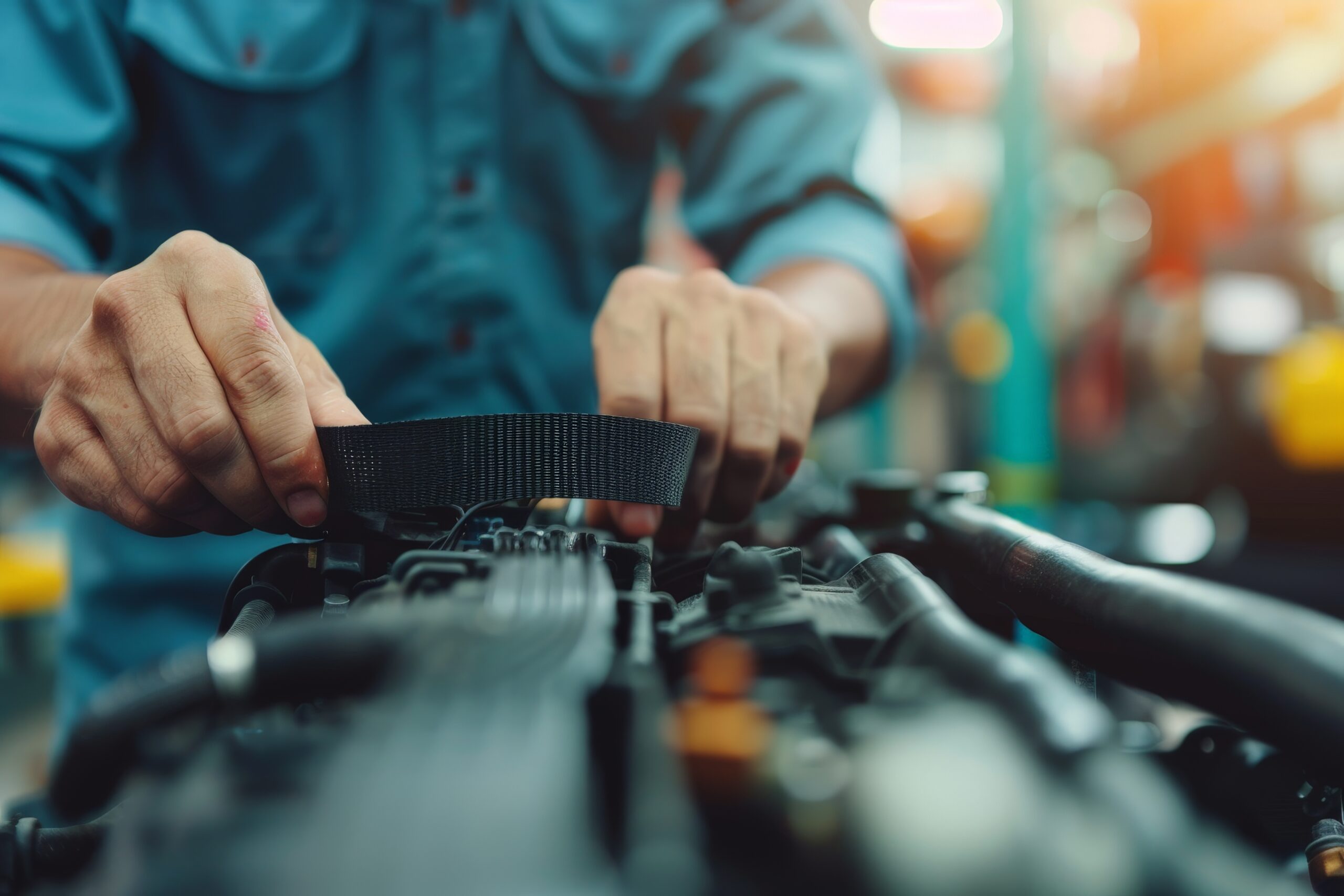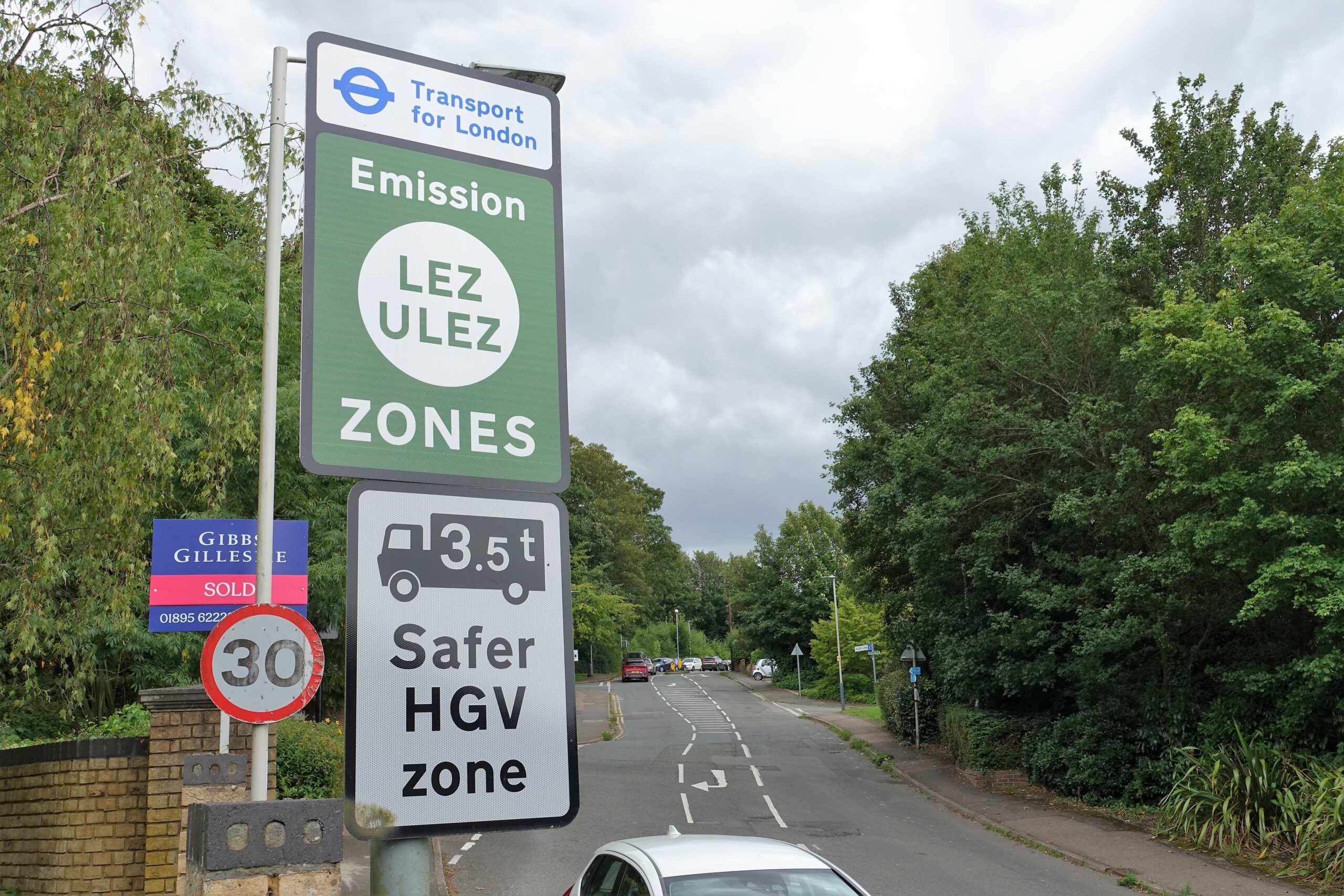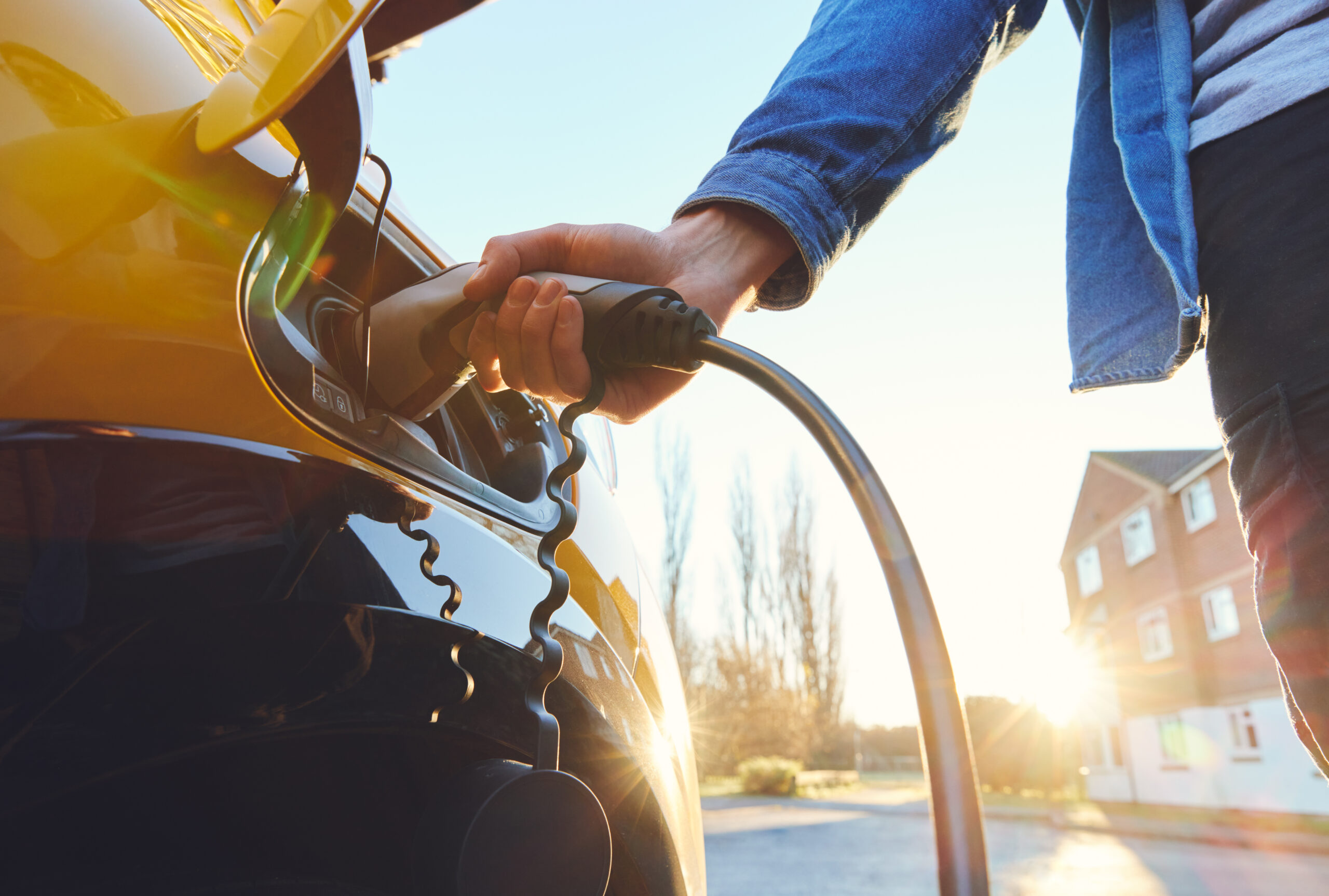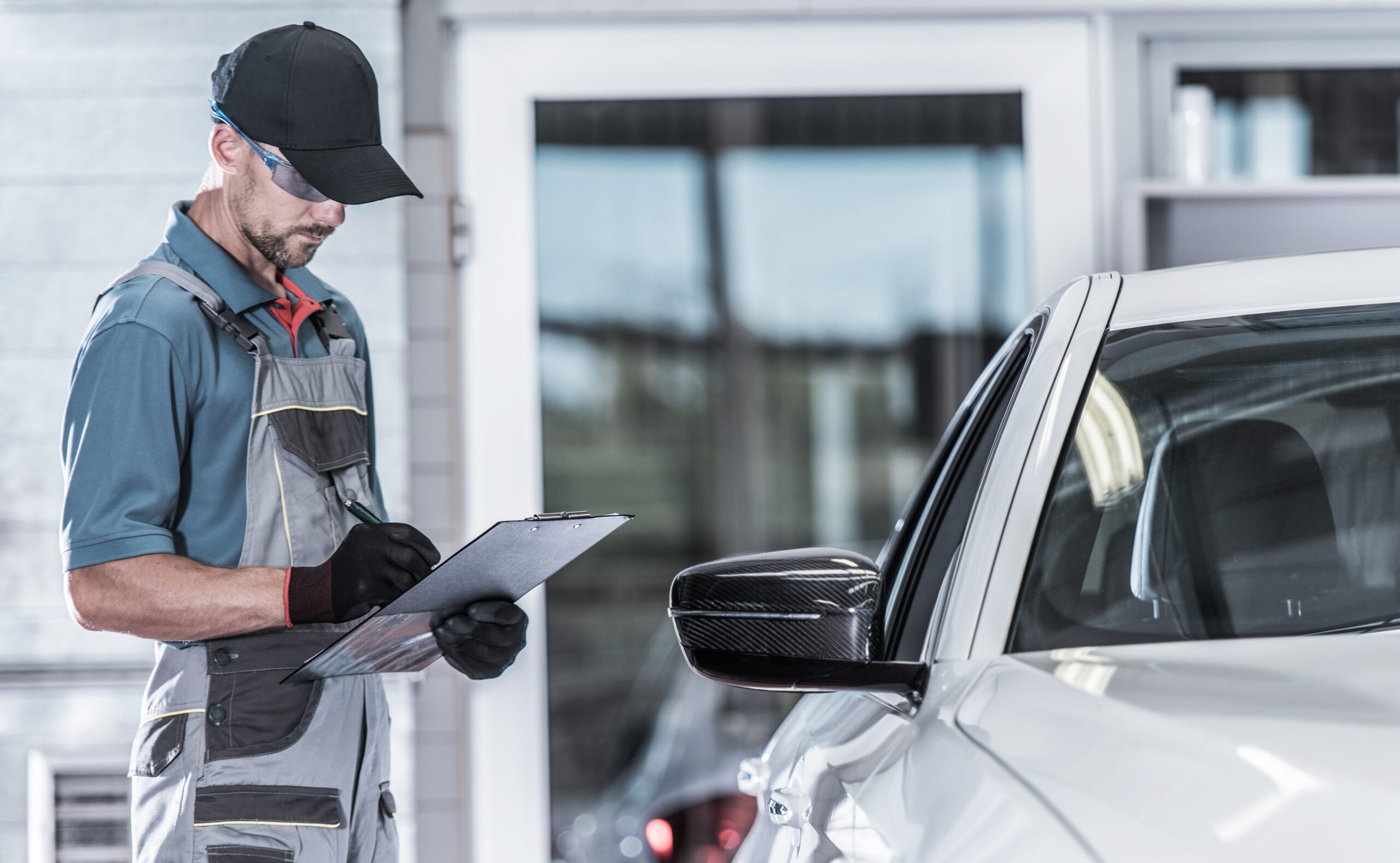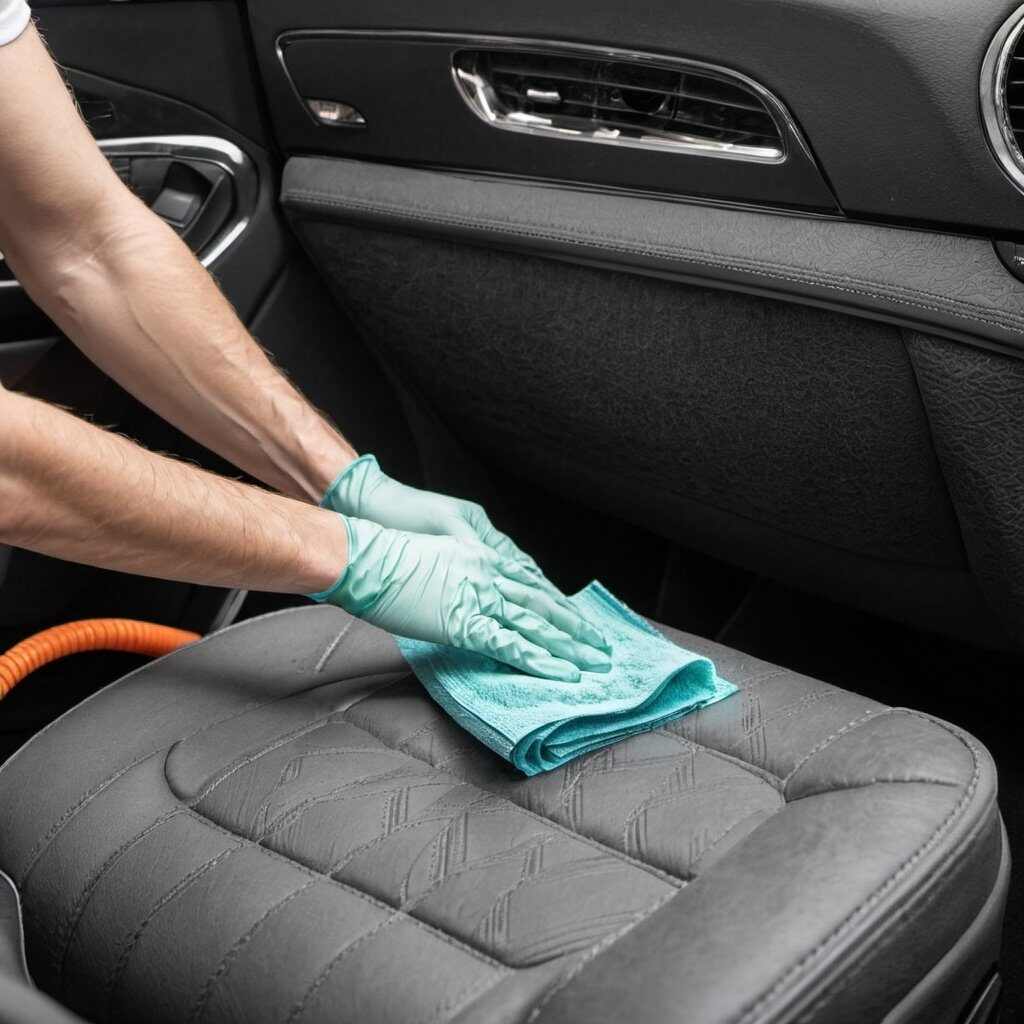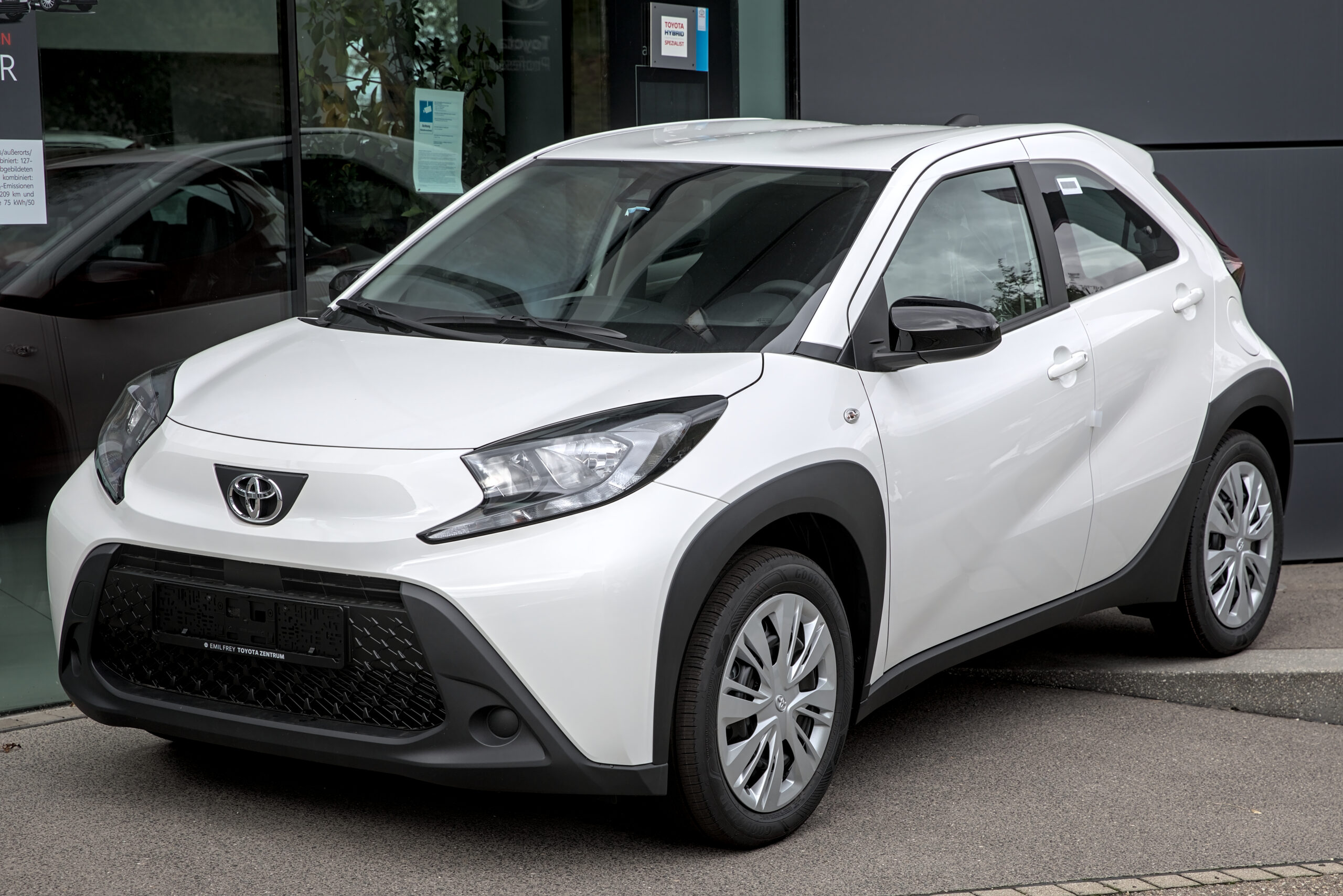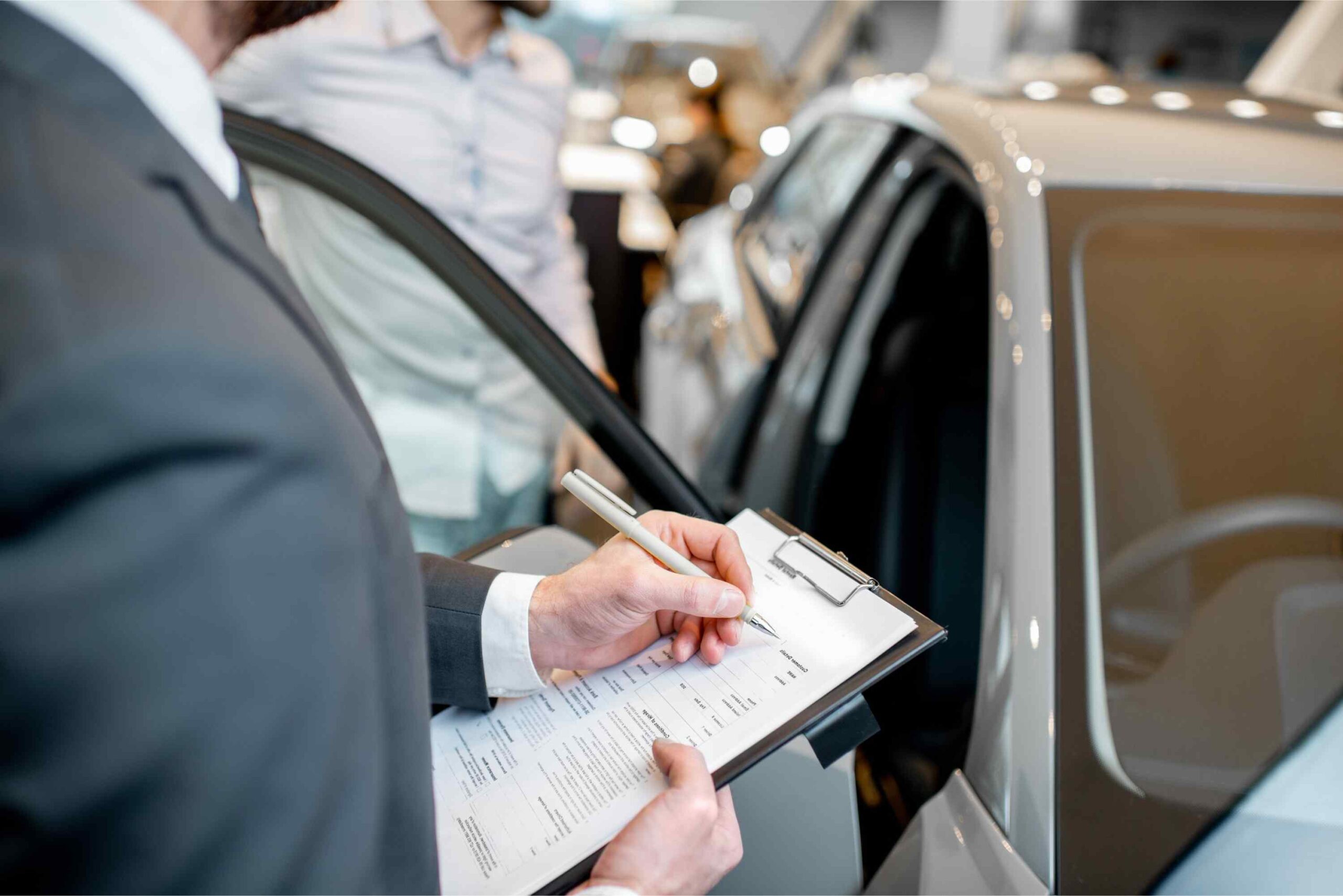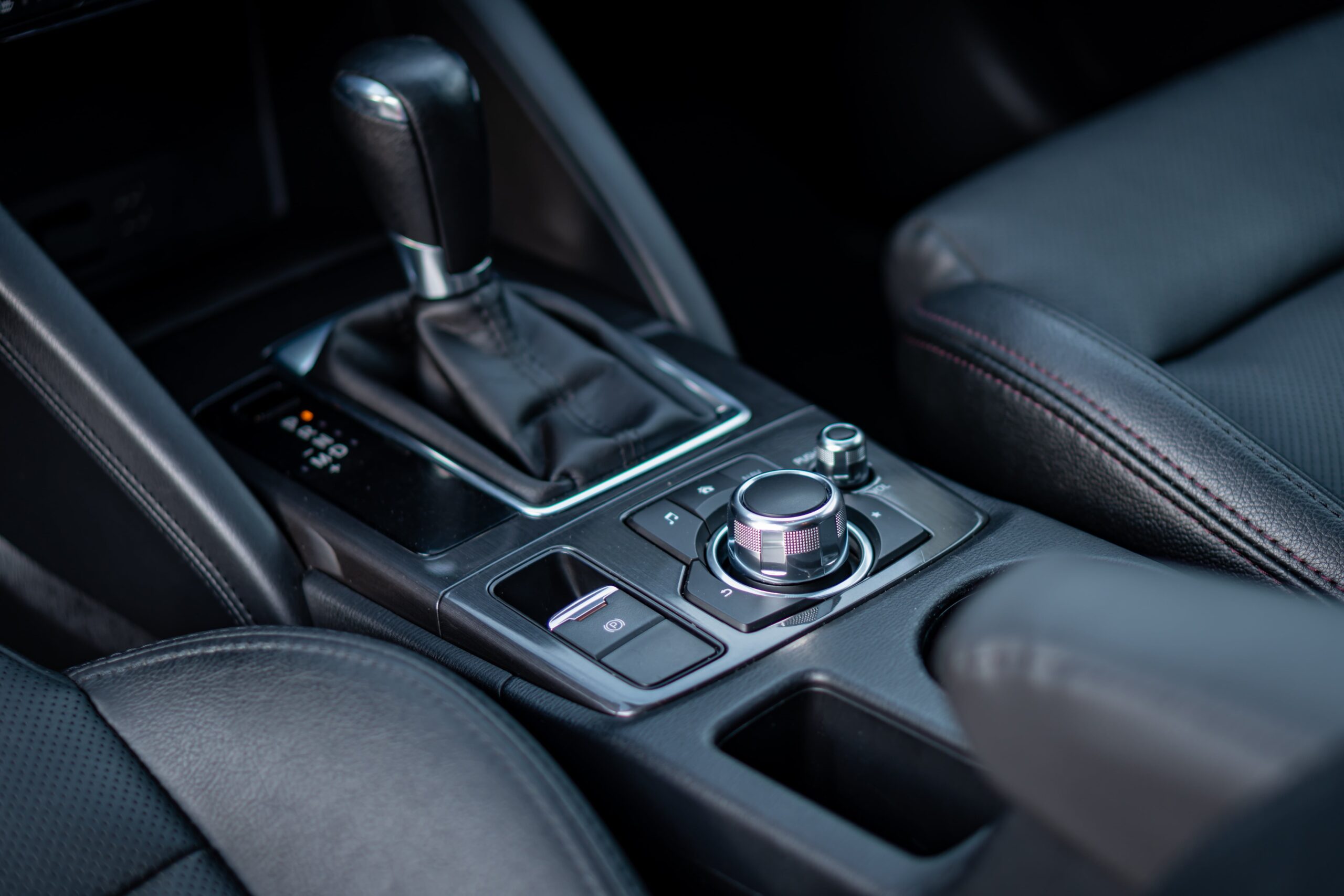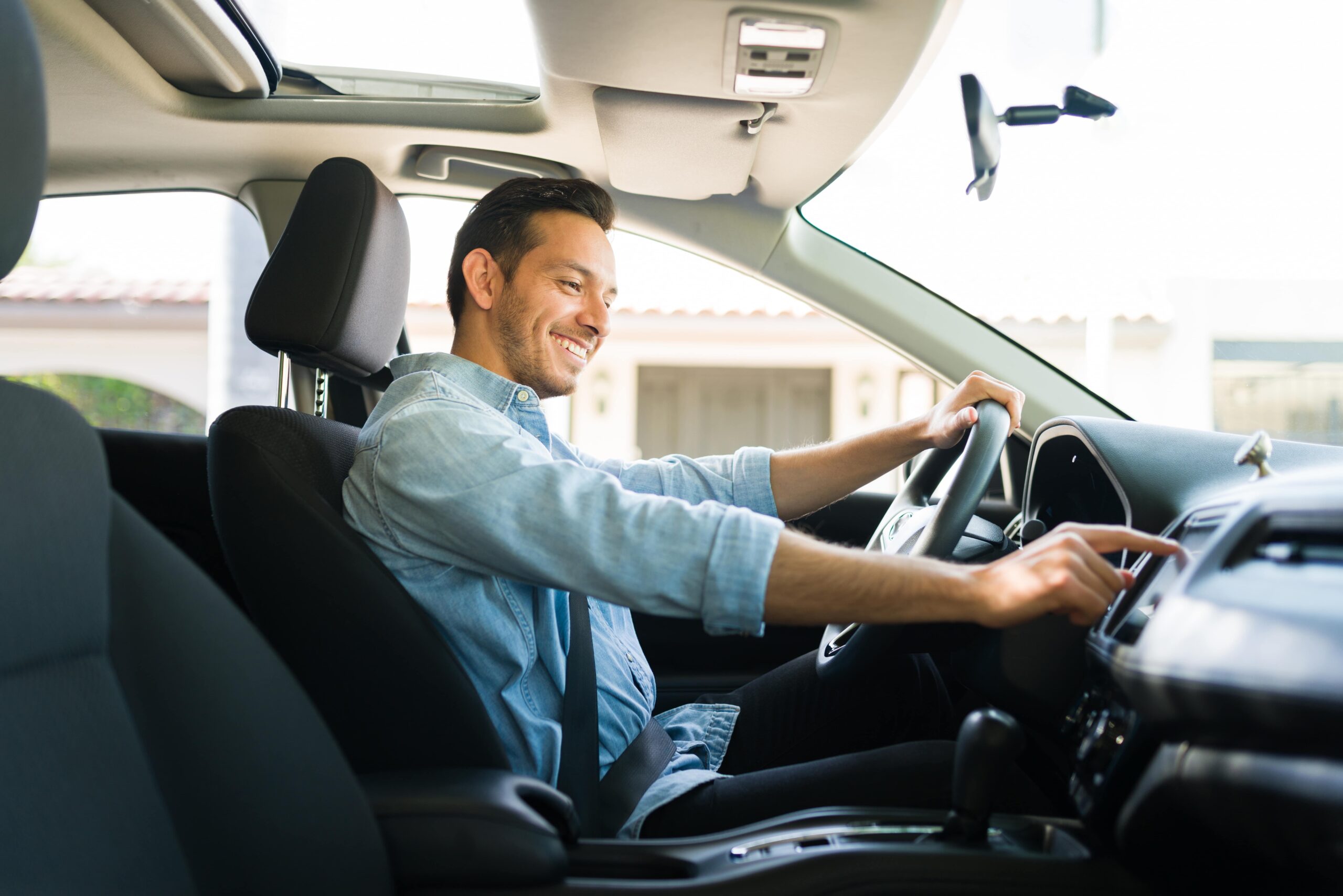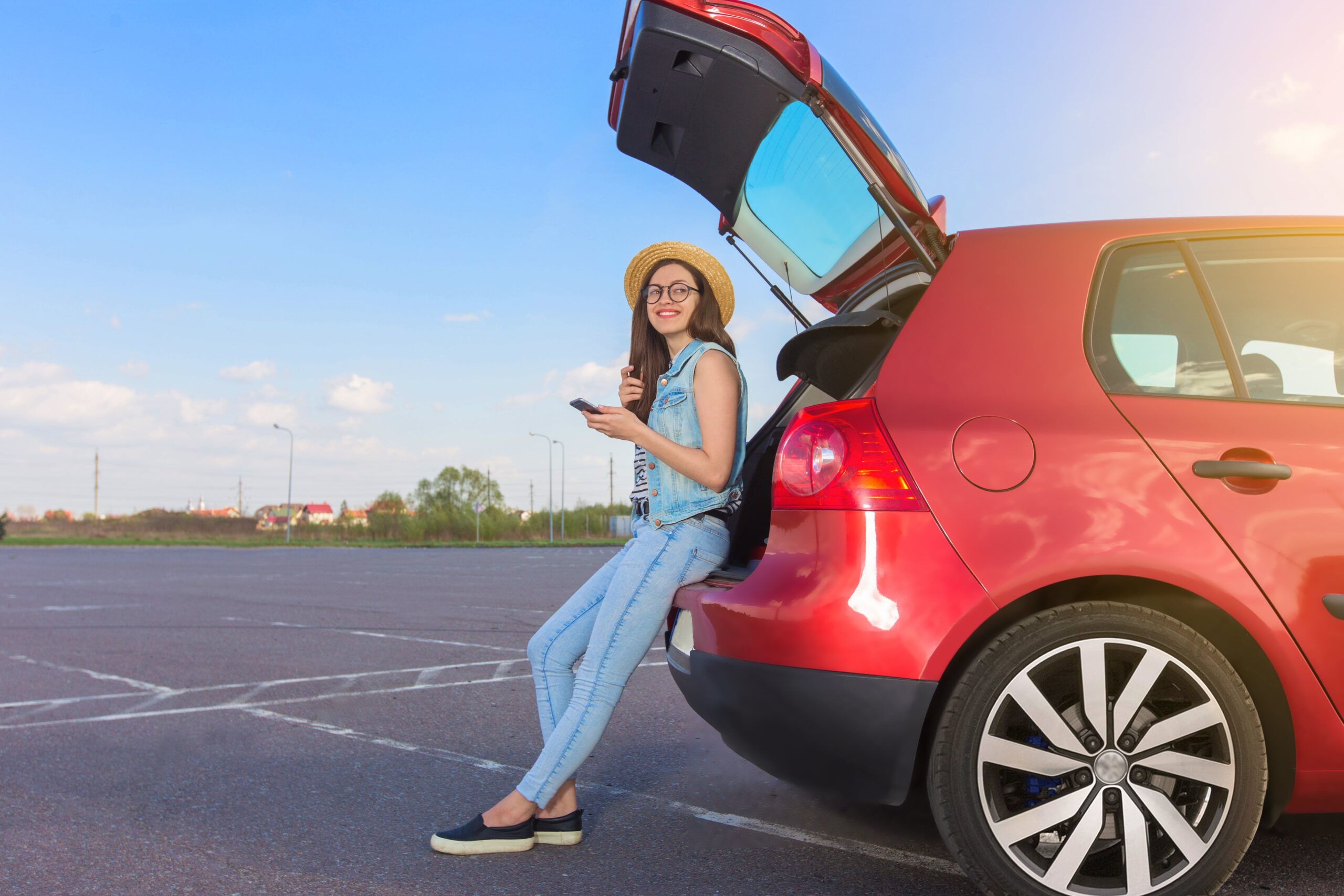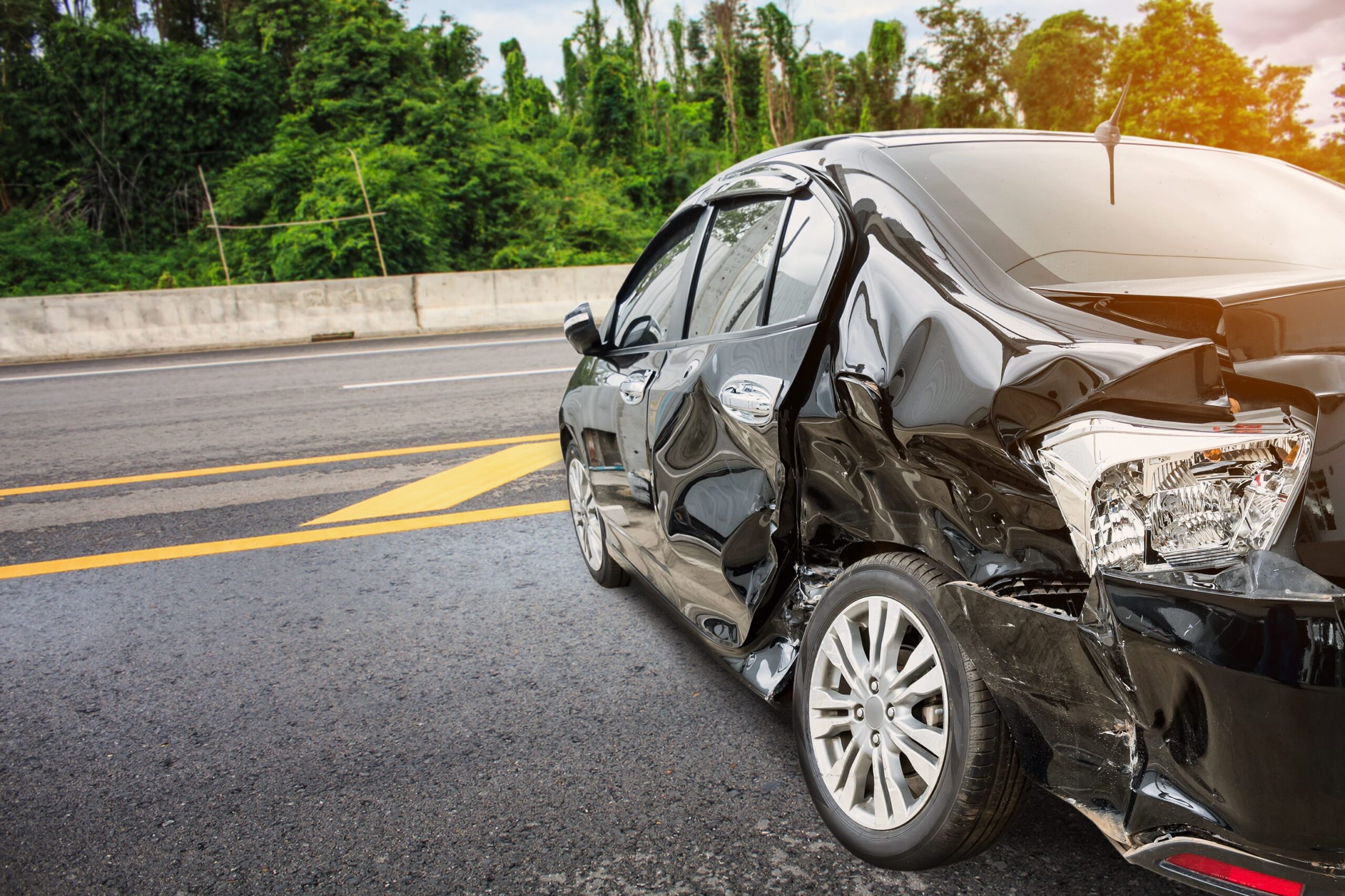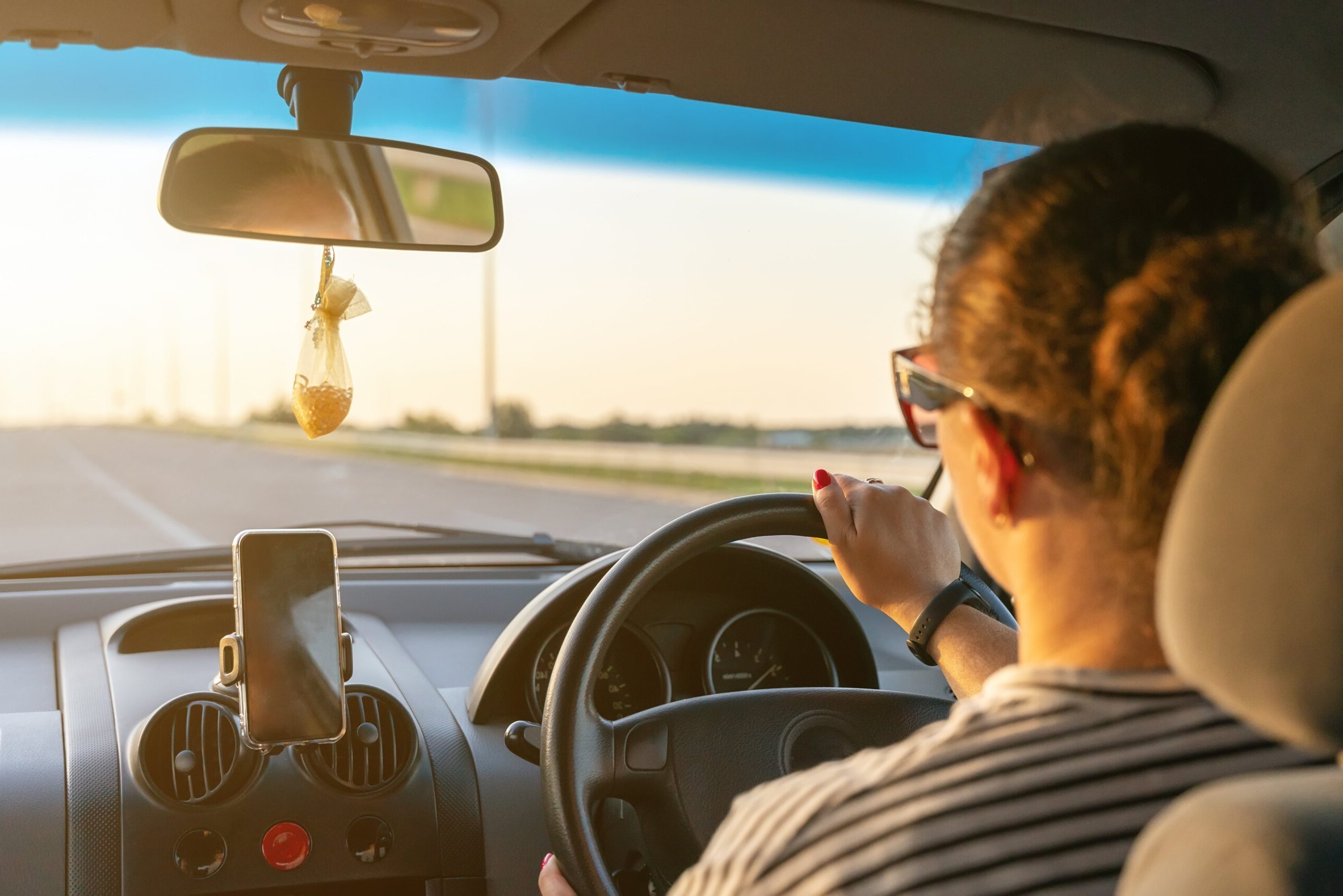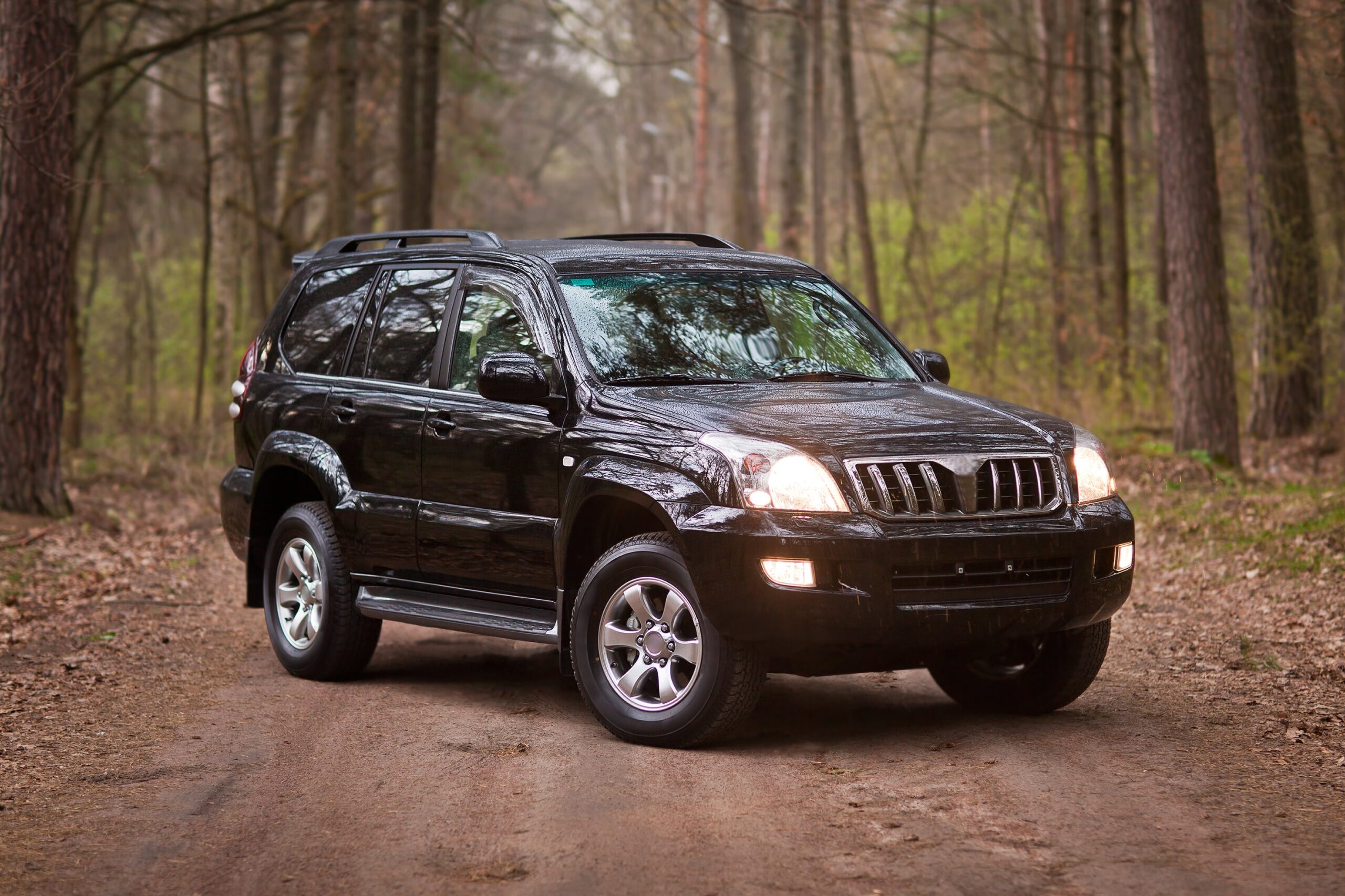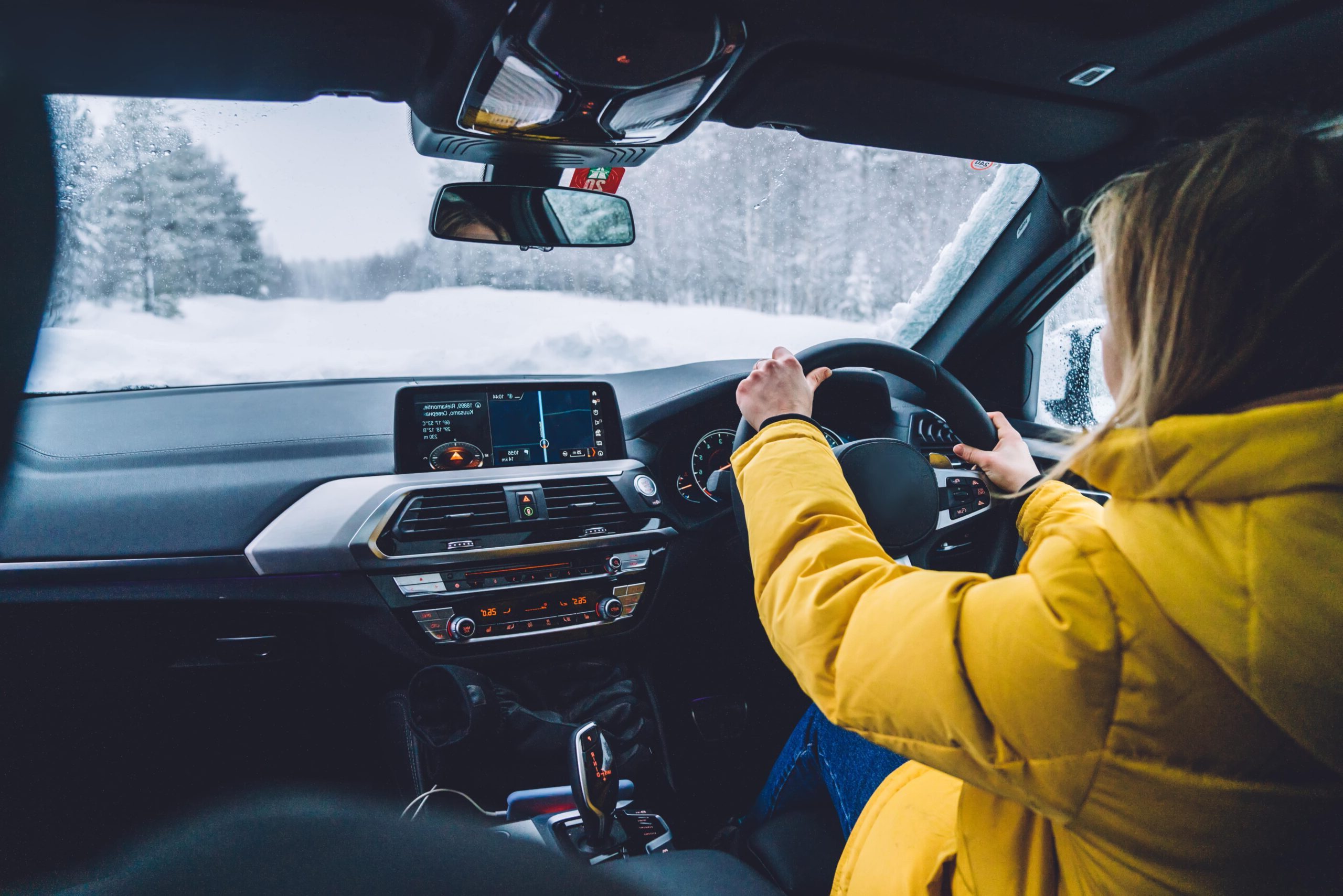
8 Immediate Actions to Take After a Car Accident
Car accidents can be highly stressful and frightening experiences. Whether it’s a minor fender bender or a more serious collision, knowing what steps to take in the immediate aftermath is crucial to ensure your safety and protect your legal rights. Acting promptly and decisively can make a significant difference in handling the situation effectively.
Here are eight essential actions to take immediately after a car accident. Follow these steps to ensure your well-being, gather necessary information, and navigate the process smoothly.
1. Consult with an Attorney
Car accidents can lead to complex legal situations, especially when it comes to determining fault, negotiating with insurance companies, or pursuing a personal injury claim. Consulting with an experienced car wreck lawyer can be incredibly beneficial during this time.
A car accident lawyer can guide you through the legal process, protect your rights, and advocate on your behalf to ensure you receive fair compensation for your losses. An experienced car accident lawyer can also help you understand your options and potential next steps. This gives you peace of mind during an otherwise stressful time.
RELATED: Should I Buy a Cat S Car?
2. Ensure Safety First
Right after the car accident, check yourself and any passengers for injuries and, if possible, move to a safe location away from traffic. Turn on hazard lights and set up warning triangles or flares, if available, to alert other drivers of the accident scene. By taking these precautions, you can reduce the risk of further accidents and injuries.
3. Call Emergency Services
Regardless of the accident’s severity, it is essential to call emergency services, such as the police and medical personnel, immediately. The police will document the accident scene, speak to witnesses, and create an official report, which can be crucial for insurance claims and legal purposes.
Seek medical attention even if you believe your injuries are minor. Some injuries may manifest later, since adrenaline can mask pain initially.

4. Exchange Information
While waiting for the police to arrive, exchange information with the other parties involved in the car accident. Obtain their names, contact details, insurance information, license plate numbers, and driver’s license details. Similarly, provide your contact information to them.
Additionally, gather contact information from any witnesses who saw the accident unfold. This information will be valuable when filing car accident injury claims or dealing with potential legal matters.
5. Document the Accident Scene
If you have a smartphone or camera, take pictures of the accident scene, vehicle damage, road conditions, and any visible injuries. These photos can serve as crucial evidence during the claims process and can help establish liability. Also, make note of the weather and road conditions, time of day, and any relevant details about the accident while they are still fresh in your memory.
- Capture Vehicle Damage: Use your smartphone or camera to take clear and comprehensive photos of all vehicles involved in the accident. Focus on capturing the damage from various angles and distances. These images will help insurers and investigators assess the extent of the damage to each vehicle and determine the force of impact.
- Record Road Conditions: Take pictures of the road conditions, including skid marks, debris, potholes, or any other factors that might have contributed to the accident. Road conditions can be crucial in determining liability and understanding how the accident occurred. Ensure the photos are well-lit and include recognisable landmarks to establish the accident location accurately.
- Photograph Visible Injuries: If you or anyone else involved in the accident has visible injuries, document them with photographs. Visible injuries such as cuts, bruises, or swelling can fade over time. Capturing them immediately after the accident can serve as vital evidence for your personal injury claim.
6. Gather Witness Statements
In addition to exchanging information with witnesses, it is crucial to gather statements from them about what they saw during the accident. Witness testimonies can provide an unbiased perspective on how the collision occurred and who may be at fault.
Politely approach any witnesses and ask if they would be willing to provide their account of the accident. If they agree, jot down or record their statements. Having multiple witnesses can strengthen your case and offer valuable insights to insurance companies or legal representatives when you file a car accident injury claim.
RELATED: How to Check the Condition of a Vehicle Before a Purchase
7. Preserve Evidence
Preserving evidence is essential in a car accident scenario. If you have been injured or your vehicle has sustained damage, refrain from repairing or modifying it until it has been thoroughly documented by the police and insurance adjusters.
Maintaining the evidence in its original state can help establish the extent of the damage and the severity of your injuries. This is crucial when negotiating with insurance companies on car accident injury claims or seeking compensation for expenses and property damage.
8. Notify Your Insurance Company
Even if you believe the accident wasn’t your fault, it’s important to notify your insurance company about the incident as soon as possible. Provide them with the essential details and factual information regarding the accident.
Many insurance policies have specific timeframes within which you must report an accident, so prompt reporting ensures compliance with their requirements. Be honest and accurate when describing the incident to avoid any potential issues with your car accident injury claim.
- Provide Essential Details: When speaking with your insurance company, provide them with essential details about the accident, such as the date, time, and location of the incident, the names and contact information of all parties involved, and any available witness information. Be factual and stick to the truth. Avoid any speculation or assumptions about the fault. Let the insurance company conduct its investigation and make its determination based on the evidence.
- Cooperate with the Claims Process: After reporting the accident, your insurance company will initiate the claims process. Be prepared to cooperate fully with their investigation, which may involve providing additional information, documentation, or recorded statements. Promptly respond to any requests they make to facilitate a smooth and efficient claims-handling process.
Final Thoughts: Immediate Actions Following the Car Accident
A car accident can be a disorienting and distressing experience, but taking immediate and appropriate actions can make a significant difference in the outcome. Prioritise safety, call for emergency assistance, and exchange information with the involved parties and witnesses.
Documenting the scene and preserving evidence will strengthen your case during insurance negotiations or potential legal proceedings. Remember to notify your insurance company promptly and consider consulting with a car accident attorney. This will protect your rights and navigate the complexities of the aftermath.
By following these eight immediate actions, you can confidently handle a car accident situation and focus on your recovery with the knowledge that you have taken the necessary steps to protect yourself.
Want to buy a new vehicle after car accident?
Sell your old vehicle first. Discover how much your car is worth using our free car value estimating service!
FAQ
What should I do immediately after a car accident?
First of all, check for injuries and call for medical assistance if needed. Move your vehicle to a safe location, if possible, to avoid obstructing traffic. Exchange contact and insurance information with the other driver(s) involved.
Should I report the accident to the police?
You must report the car accident to the police if there are injuries, damage to property, or if the other driver leaves the scene without providing details.
Do I need to collect evidence at the scene?
Yes, if it is safe to do so, collect evidence such as photos of the accident scene, vehicle damage, and any visible road markings or signs.
How do I inform my insurance company about the accident?
Contact your insurance provider as soon as possible to report the accident and provide them with all relevant details.
Should I seek medical attention even if I don’t feel injured?
It is advisable to seek medical attention, as some injuries may not be immediately apparent. Document any injuries for insurance purposes.
What if the other driver doesn’t have insurance?
Report the accident to the police and inform your insurance company. You may have coverage for accidents involving uninsured or hit-and-run drivers.
Do I need to fill out an accident report form?
Yes, you should report the accident to the Driver and Vehicle Licensing Agency (DVLA) if there is any vehicle damage or personal injury.
Can I get a replacement vehicle while my car is being repaired?
If you have comprehensive insurance, your policy may provide a replacement vehicle during repairs.
Do I need to notify the DVLA about the accident?
If there is significant damage to your vehicle, you should notify the DVLA.
How long do I have to file an insurance claim after the accident?
Contact your insurance company promptly, as some policies have specific timeframes for reporting accidents.
What if the other driver disputes liability?
Gather evidence and witness statements to support your version of events. Your insurance company will handle the claim investigation.
Remember, it’s essential to stay calm and follow the necessary steps after a car accident. Notify the relevant authorities, document the incident, and cooperate with your insurance provider to ensure a smooth claims process.
